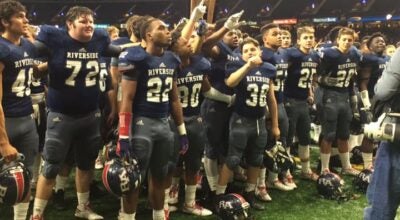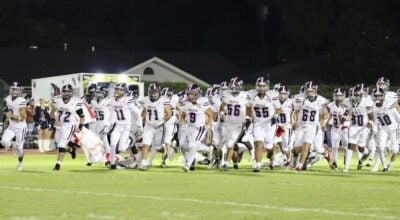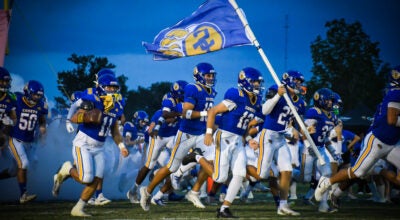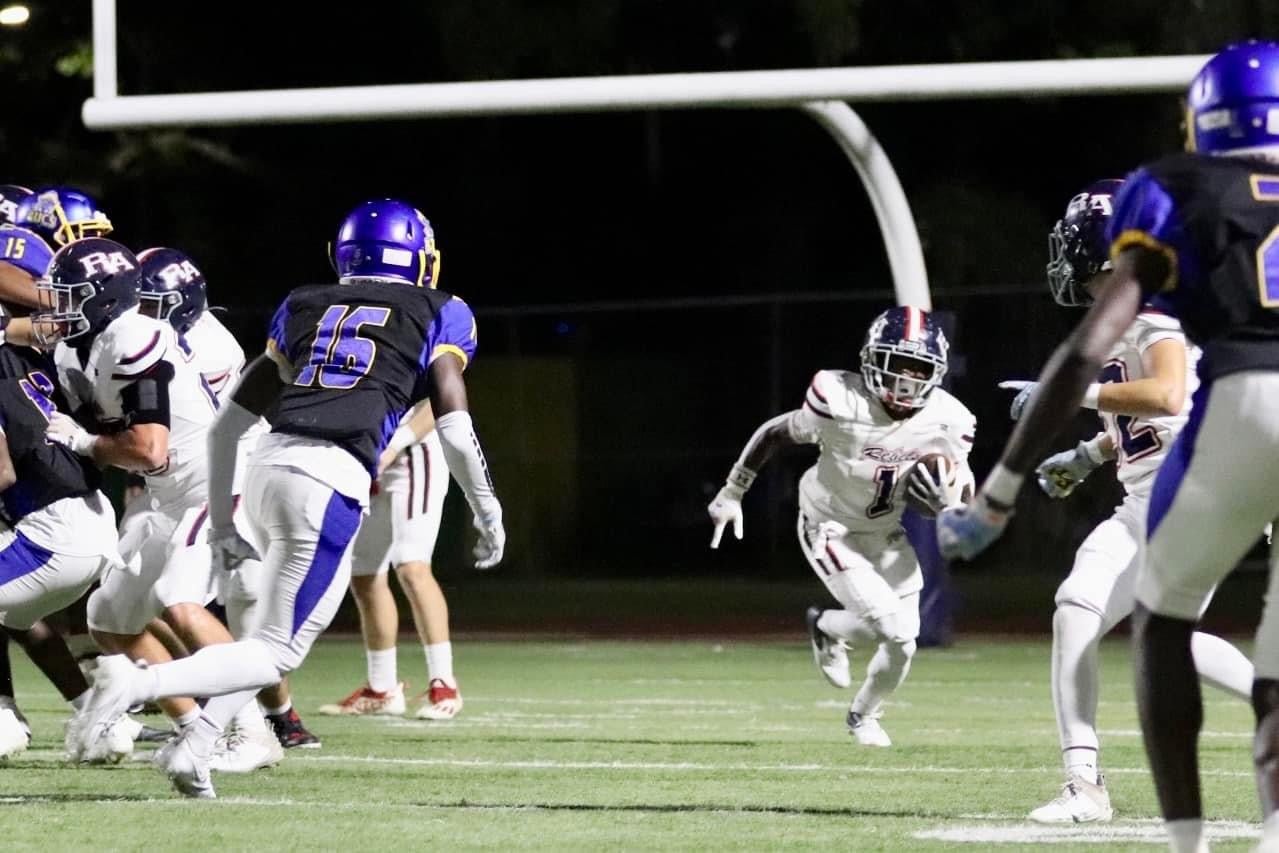Basketball now the sport with labor pains
Published 12:00 am Wednesday, July 8, 1998
L’Observateur / July 8, 1998
My, how times have changed.
Four years ago next month, baseball was entering the most damaging work stoppage in its history. The strike of 1994 ended the season, one in whichinterest in the sport was on a upswing because of Matt Williams’ and Ken Griffey Jr.’s chase of Roger Maris’ season home run record and TonyGwynn’s run at .400. The strike also forced the cancellation of the WorldSeries, the first time in 90 years that the Series was not held.
Another fallout of the strike was the return of Michael Jordan to the NBA after a stint in the Chicago White Sox’s farm system. And one majorfactor leading to all this discord was the lack of a strong commissionership.
Fast forward to July 1998. Roger Maris’ record is again being challenged,this time by Mark McGwire, Griffey and Sammy Sosa. And while nobody isnear the .400 mark, Juan Gonzalez is on pace to eclipse another ofbaseball’s hallowed milestones, Hack Wilson’s 190 runs batted in in 1930.
There was also increased interest in the All-Star game because fans wanted to see how far McGwire could hit a ball during the home run hitting contest Monday.
Make no mistake about it, baseball is still trying to clean up the mess left by the strike of 1994. Interleague play has helped increase attendance ashave the exploits of McGwire, Griffey and Sosa, to name a few. And whenBud Selig was finally named commissioner recently, taking away the interim tag, it ended the charade that had been going on since Fay Vincent was forced out five years ago.
I have not been a Selig fan over that time but he has shown signs that he could be a good commissioner. Stepping aside from his day to day runningof the Brewers would be a start, eliminating any signs of favoritism.
On the positive side, having been an owner unlike any commissioner before him, Selig knows that part of the game better than his predecessors.
Coming from a small market team, he knows the needs of those teams and how they compete against larger market teams like New York and Los Angeles. Now he just has to do in his job in what Judge Kenesaw MountainLandis referred to as the best interest of the game.
The commissioner that is now on the hot seat is David Stern, the top man in the NBA. The recent lockout of NBA players showed that a workstoppage can occur even under a powerful commissioner like Stern, who has held sway over his league for over a decade.
The fallout from the lockout has already occurred. Organizers of the WorldChampionships in Greece, who were looking at making a profit with the participation of a NBA dream team, are now fearful of a loss now that the NBA players will not be participating.
There are those who say that the fans will not begin taking notice of the strike until the season starts or even until January when interest in the sport begins to take off after the Super Bowl. But a stoppage that lastsinto the fall may not only effect the 1998-99 season but seasons to come as well.
Teams cannot sign free agents or make trades during the lockout with the options of free agents like Scottie Pippen or Dennis Rodman being limited.
Teams also cannot sign their draft choices or work them out and a lock out into October could mean they will go into their first seasons cold without benefit of practice or exhibition games.
And like the baseball strike of 1994, the NBA lockout of 1998 could affect the future of Michael Jordan, one of the best ambassadors the game of basketball has ever had. An extended lockout could make it easier forJordan to go ahead with any retirement plans he might have.
Selig and the baseball world have already seen the damage a long work stoppage can have on their sport. Stern, the owners and the players need tocome together to make sure the same thing does not happen to their sport.
Return To News Stories





